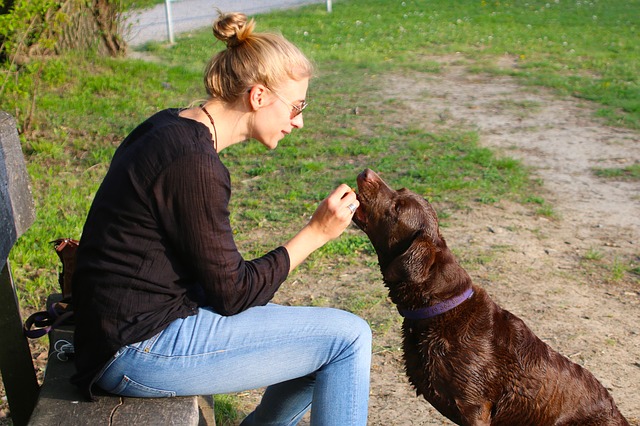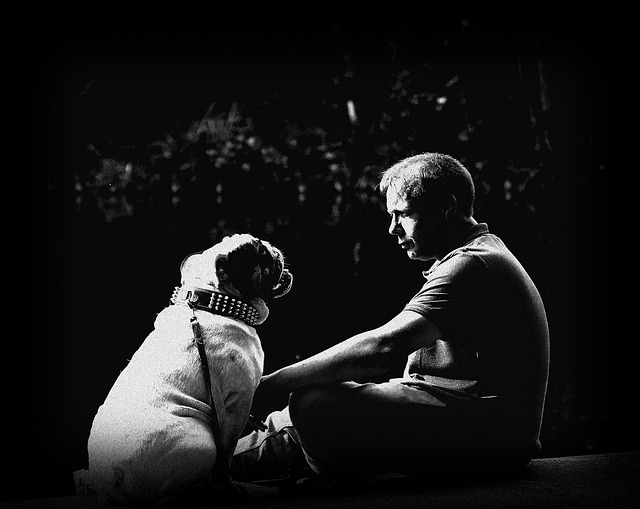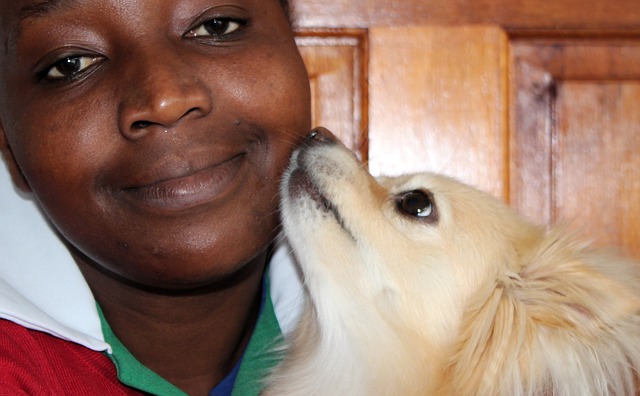
I confess: I speak to my animals. I even have a various voice for each one. My non-animal buddies believe it’’ s ridiculous and more than a little insane to continue these one-sided discussions. Nicholas Epley , teacher of behavioral science at the University of Chicago, disagrees. He feels it’’ s completely regular to take part in this habits, and it might really show a greater level of social cognition.

Epley is the author of Mindwise: How We Understand What Others Think, Believe, Feel, and Want . He is thought about among the world’’ s primary specialists on the phenomenon of anthropomorphism –– the propensity to appoint human ideas, qualities or sensations to a non-human item or being.
Anthropomorphism prevails in kids, who have the ability to entertain themselves for hours on end speaking to fictional good friends and toys. It’’ s completely healthy habits, and assists them to establish the social abilities they will require later on in life.

We’’ re anticipated to outgrow this propensity as we age, and for the many part we do. According to Epley, confiding relationship difficulties to our pets or asking our reliable old cars and trucks to ““ Please simply take us one more mile” ” doesn ’ t make us insane or immature, it makes us well-adjusted human beings.
““ For centuries, our determination to acknowledge minds in nonhumans has actually been viewed as a type of stupidity, a childish propensity towards anthropomorphism and superstitious notion that informed and clear-thinking grownups have actually grown out of,” ” he composes in his book. ““ I believe this view is both regrettable and incorrect. Acknowledging the mind of another human being includes the exact same mental procedures as acknowledging a mind in other animals, a god, or perhaps a gizmo. It is a reflection of our brain’’ s biggest capability instead of an indication of our stupidity.””
.

The human brain is set to browse the faces –– specifically the eyes –– of others for indications of their real nature, an ability that is typically accountable for our extremely survival. The number of times have you heard an individual explain a ““ tension ” they got about somebody who later on ended up being harmful?
According to Epley, we are ““ hypersensitive to eyes since they use a window into another individual’’ s mind. ” With that stated, it doesn ’ t appear so odd that looking into the emotional, meaningful eyes of our cherished family pets stimulates our natural desire to make social connections.

We likewise tend to appoint names to the important things we enjoy –– the most typical kind of anthropomorphism. Human beings have actually been doing this with the inanimate items we depend upon for over a thousand years (believe weapons and ships). It is just natural to establish feelings for the non-human things that contribute in our really survival, although we understand that they are simply ““ things ”.
.

The topic of anthropomorphizing animals is a bit more complex. Researchers think about animals to have ““ – gray minds ”– implying they may have mindful minds comparable to our own, however we can not show it conclusively. We might not have the innovation to read our felines and pet dogs’ ’ minds, however I believe those people who have actually invested our lives around them can testify that their psychological awareness are very comparable to our own.
The capability to acknowledge animals as comparable beings we can engage and rely on with signifies social intelligence, not kooky pet-person habits. The next time a buddy or liked one rolls their eyes when you talk up your family pets, inform them you’’ re simply more socially established than they are –– you wouldn’’ t anticipate them to comprehend!
H/T to Quartz
The post People Who Talk To Their Pets Are Smarter Than Those Who Don’’ t appeared initially on iHeartDogs.com .
Read more: iheartdogs.com





Recent Comments